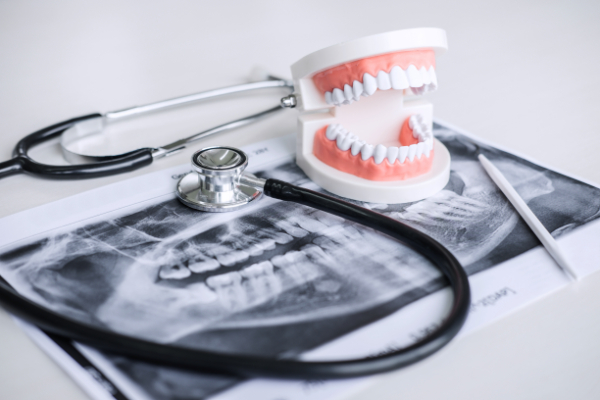What To Expect Before Getting Maxillofacial Surgery

If you are nervous about having maxillofacial surgery, you are not alone. Many people would rather avoid it. However, sometimes it is vital for your oral health. In addition, this type of surgery can improve your appearance, oral function, and quality of life. Therefore, getting past any anxiety surrounding maxillofacial surgery is crucial to getting the necessary care.
This article gives an overview of what to expect before getting maxillofacial surgery. We would like to advise you on preparing for this kind of surgery and what to expect. We hope this will make you feel more comfortable going into this experience.
About oral and maxillofacial surgery
Oral and maxillofacial surgeons undergo extra training and education beyond that of a dentist — some up to six years or more. Some even receive medical degrees. They study and train in mouth, jaw, and face surgeries, treating complex tooth extraction cases, correcting congenital defects, and other maxillofacial procedures. In addition, an oral surgeon trains extensively in keeping the patient safe and comfortable during these procedures.
The consultation
Proper preparation for surgery is a crucial part of its success, and an oral surgeon starts helping the patient prepare for a successful procedure at the consultation. During this appointment, the surgeon will examine the patient’s maxillofacial region and advise them on their condition. The practitioner will also order necessary tests, such as X-rays and scans, to help diagnose the patient’s condition and make treatment recommendations. In addition, the surgeon will take a thorough medical history of the patient, including any medications and past surgeries.
Preparing for surgery
The information gained during the consultation will help the oral surgeon craft the treatment plan that is safest and most effective for the patient. Preparation for the procedure differs by patient, but some general instructions apply to most patients. For example, the patient may need to discontinue certain medications and avoid smoking and alcohol. In addition, the patient may need to fast up to 12 hours before the procedure, depending on the anesthesia or sedation used.
The patient will receive comprehensive advice on how to get ready for the procedure and the recovery period. This advice will include what to wear (usually loose-fitting clothing), how to handle one’s medications, what to eat, and activities to avoid. The surgeon will advise the patient on how long to expect the recovery process to take and what side effects to watch for. The practitioner will make dietary recommendations for the recovery period (usually soft food) and advise the patient on handling oral hygiene. It is a good idea to arrange a ride to and from the procedure, especially if the patient is going to undergo sedation.
Talk to an oral and maxillofacial surgeon for more specifics
Maxillofacial surgery may seem intimidating, but with our team, you are in good hands. We can provide the treatment you need to improve your oral health, form, and function. Our skilled team will keep you informed and comfortable every step of the way. Call our team today for more information.
Request an appointment here: https://stratford.premieroralsurgeryct.com or call Premier Oral Surgery & Implantology Center at (203) 760-0190.
Check out what others are saying about our services on Yelp: Read our Yelp reviews.
Related Posts
Bone grafting is a minor surgical treatment done under local anesthetic to replace depleted bone tissue. The grafting material may be inserted into a tooth socket just after a tooth is removed or at a location where a tooth has been absent for an extended period. Over the next few months, your body will produce…
Visiting an implant specialist is essential for patients considering dental implants to replace missing teeth and restore oral function. An implant specialist possesses advanced training and specialized expertise in dental implant procedures, ensuring optimal results and reducing the risk of complications. Consulting with an implant specialist helps patients achieve long-lasting, comfortable, and natural-looking replacements for…
Appearance may be one of the first things people think about when it comes to tooth replacement. However, improved appearance is just one of the many benefits of replacing missing teeth. Tooth replacement can be key to improving not only how you feel about your smile but also boosting your oral health.Whether one chooses dentures,…
While people can feel anxious about certain dental procedures, IV sedation offers a safe and effective way to help patients stay calm and comfortable while allowing a dental provider to complete necessary treatments. No matter how patients feel about dental treatment, avoiding dental care can negatively impact one's oral health. Learning about the benefits and…
